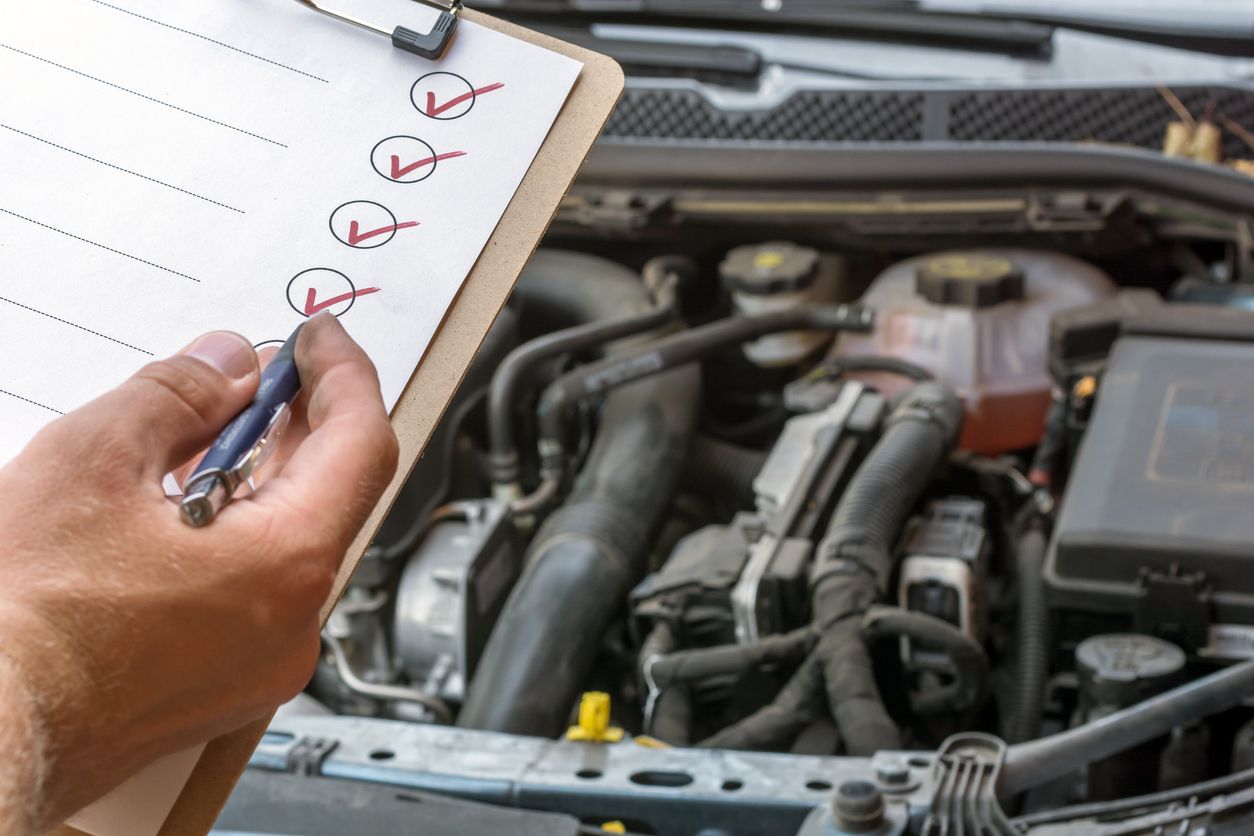All Categories
Featured
Automotive repair work insurance policy is an essential factor to consider for lots of vehicle proprietors who want to protect themselves against unexpected repair expenses. Understanding the details of this insurance and how it functions can help you make an enlightened choice about whether it's appropriate for you.
![]()
What Is Automotive Repair Work Insurance Coverage?
Automotive repair insurance, also called mechanical malfunction insurance coverage (MBI), is a kind of protection that helps pay for non-accident-related automobile fixings. This insurance commonly covers significant mechanical failings, making it unique from basic automobile insurance, which focuses on obligation, crash, and comprehensive insurance coverage.
What Does It Cover?
The coverage given by auto fixing insurance policy commonly includes:
Engine Components: Such as the fuel pump, camshaft, and shutoffs.
Transmission Equipments: Consisting of clutches, torque converters, and gearboxes.
![]()
Electrical Equipments: Resolving repair work for alternators, batteries, and sensing units.
Air Conditioning Equipments: Such as radiators, water pumps, and cooling followers.
Air Conditioning and Home heating: Covering compressors, condensers, and related elements.
Omitted products frequently consist of routine maintenance, normal damage (like tires and brakes), and damages created by overlook or crashes.
That Should Think About Automotive Repair Work Insurance?
Automotive repair work insurance policy is not a need for every motorist, however it can be useful for:
Owners of Older Automobiles: Older cars and trucks with expired warranties are much more likely to face substantial fixings.
Luxury Car Drivers: Premium versions usually come with costly repair needs that can stress your budget plan.
Regular Drivers: High mileage enhances the danger of mechanical failing, making insurance policy a clever selection.
![]()
Advantages of Automotive Fixing Insurance Policy
Expense Cost savings: Assists lower the financial burden of pricey fixings.
Satisfaction: Gives confidence that you're gotten ready for unanticipated issues.
Customizable Plans: Several insurance companies use policies tailored to certain requirements and spending plans.
Benefit: Some plans include roadside assistance and towing services.
What to Search for in a Plan
Prior to buying vehicle fixing insurance coverage, review these variables:
Protection Boundaries: Ensure the policy covers major systems and parts that are likely to require fixings.
Exemptions: Comprehend what's not covered to prevent surprises.
Insurance Claim Refine: Check whether the insurance provider has a straightforward and fast claims procedure.
Accepted Fixing Shops: Verify if you're restricted to certain solution facilities.
Deductibles: Know just how much you'll require to pay out-of-pocket prior to the insurance policy starts.
Is It Worth the Price?
The value of automobile repair work insurance coverage relies on your vehicle's age, reliability, and your financial scenario. For newer automobiles, extended service warranties may provide sufficient protection, making additional insurance policy unneeded. Nonetheless, for older or high-mileage vehicles, repair insurance can conserve you substantial money in the lengthy run.
Final Thought
Automotive fixing insurance policy provides a safeguard for lorry proprietors, especially those worried regarding unexpected fixing prices. By completely researching policies and comprehending your car's certain requirements, you can decide if this protection lines up with your economic objectives and driving practices. For optimal defense, pair repair service insurance with normal upkeep to guarantee your automobile remains in leading condition.

What Is Automotive Repair Work Insurance Coverage?
Automotive repair insurance, also called mechanical malfunction insurance coverage (MBI), is a kind of protection that helps pay for non-accident-related automobile fixings. This insurance commonly covers significant mechanical failings, making it unique from basic automobile insurance, which focuses on obligation, crash, and comprehensive insurance coverage.
What Does It Cover?
The coverage given by auto fixing insurance policy commonly includes:
Engine Components: Such as the fuel pump, camshaft, and shutoffs.
Transmission Equipments: Consisting of clutches, torque converters, and gearboxes.

Electrical Equipments: Resolving repair work for alternators, batteries, and sensing units.
Air Conditioning Equipments: Such as radiators, water pumps, and cooling followers.
Air Conditioning and Home heating: Covering compressors, condensers, and related elements.
Omitted products frequently consist of routine maintenance, normal damage (like tires and brakes), and damages created by overlook or crashes.
That Should Think About Automotive Repair Work Insurance?
Automotive repair work insurance policy is not a need for every motorist, however it can be useful for:
Owners of Older Automobiles: Older cars and trucks with expired warranties are much more likely to face substantial fixings.
Luxury Car Drivers: Premium versions usually come with costly repair needs that can stress your budget plan.
Regular Drivers: High mileage enhances the danger of mechanical failing, making insurance policy a clever selection.

Advantages of Automotive Fixing Insurance Policy
Expense Cost savings: Assists lower the financial burden of pricey fixings.
Satisfaction: Gives confidence that you're gotten ready for unanticipated issues.
Customizable Plans: Several insurance companies use policies tailored to certain requirements and spending plans.
Benefit: Some plans include roadside assistance and towing services.
What to Search for in a Plan
Prior to buying vehicle fixing insurance coverage, review these variables:
Protection Boundaries: Ensure the policy covers major systems and parts that are likely to require fixings.
Exemptions: Comprehend what's not covered to prevent surprises.
Insurance Claim Refine: Check whether the insurance provider has a straightforward and fast claims procedure.
Accepted Fixing Shops: Verify if you're restricted to certain solution facilities.
Deductibles: Know just how much you'll require to pay out-of-pocket prior to the insurance policy starts.
Is It Worth the Price?
The value of automobile repair work insurance coverage relies on your vehicle's age, reliability, and your financial scenario. For newer automobiles, extended service warranties may provide sufficient protection, making additional insurance policy unneeded. Nonetheless, for older or high-mileage vehicles, repair insurance can conserve you substantial money in the lengthy run.
Final Thought
Automotive fixing insurance policy provides a safeguard for lorry proprietors, especially those worried regarding unexpected fixing prices. By completely researching policies and comprehending your car's certain requirements, you can decide if this protection lines up with your economic objectives and driving practices. For optimal defense, pair repair service insurance with normal upkeep to guarantee your automobile remains in leading condition.
Latest Posts
Transform Your Home with Top Quality Flooring Solutions
Published Apr 19, 25
1 min read
Professional Car Repair Services at Montclare Auto Repair - Fix Your Car Now!
Published Apr 19, 25
2 min read
Maximize Your Cost Savings with Love My Cooperative Credit Union Incentives
Published Apr 19, 25
1 min read
More
Latest Posts
Transform Your Home with Top Quality Flooring Solutions
Published Apr 19, 25
1 min read
Professional Car Repair Services at Montclare Auto Repair - Fix Your Car Now!
Published Apr 19, 25
2 min read
Maximize Your Cost Savings with Love My Cooperative Credit Union Incentives
Published Apr 19, 25
1 min read